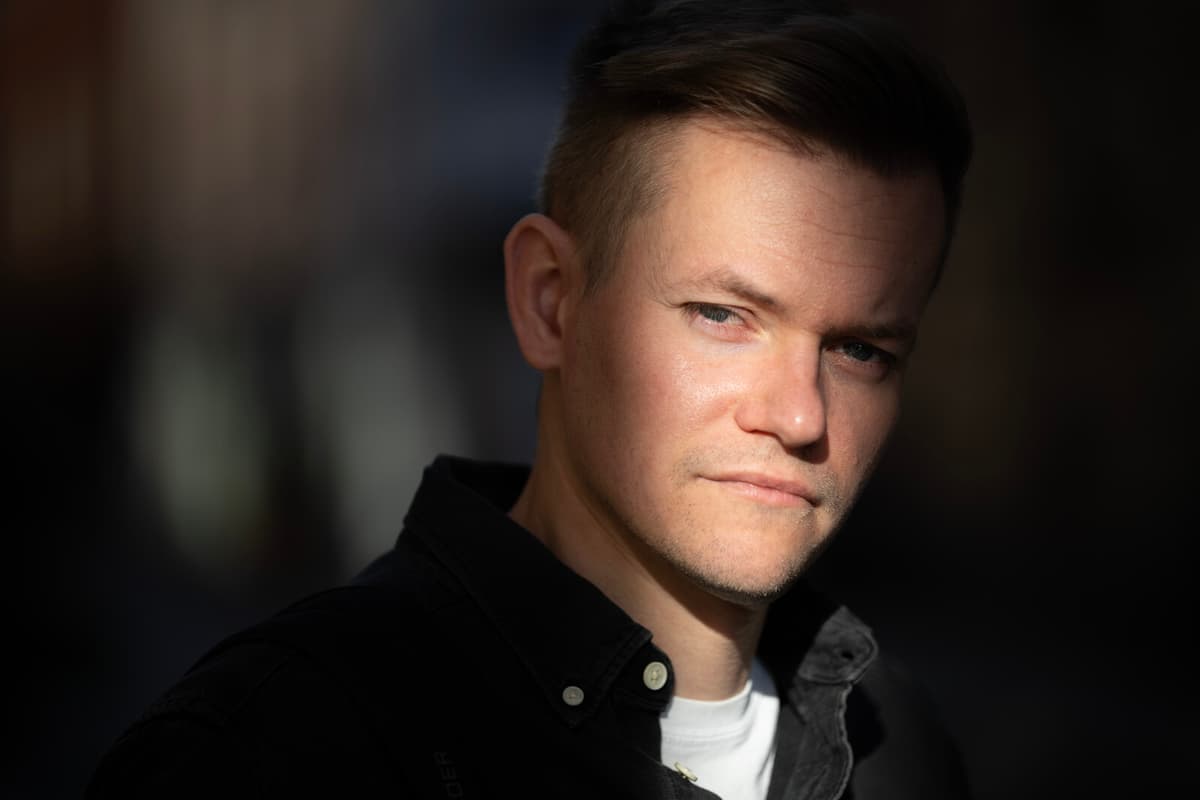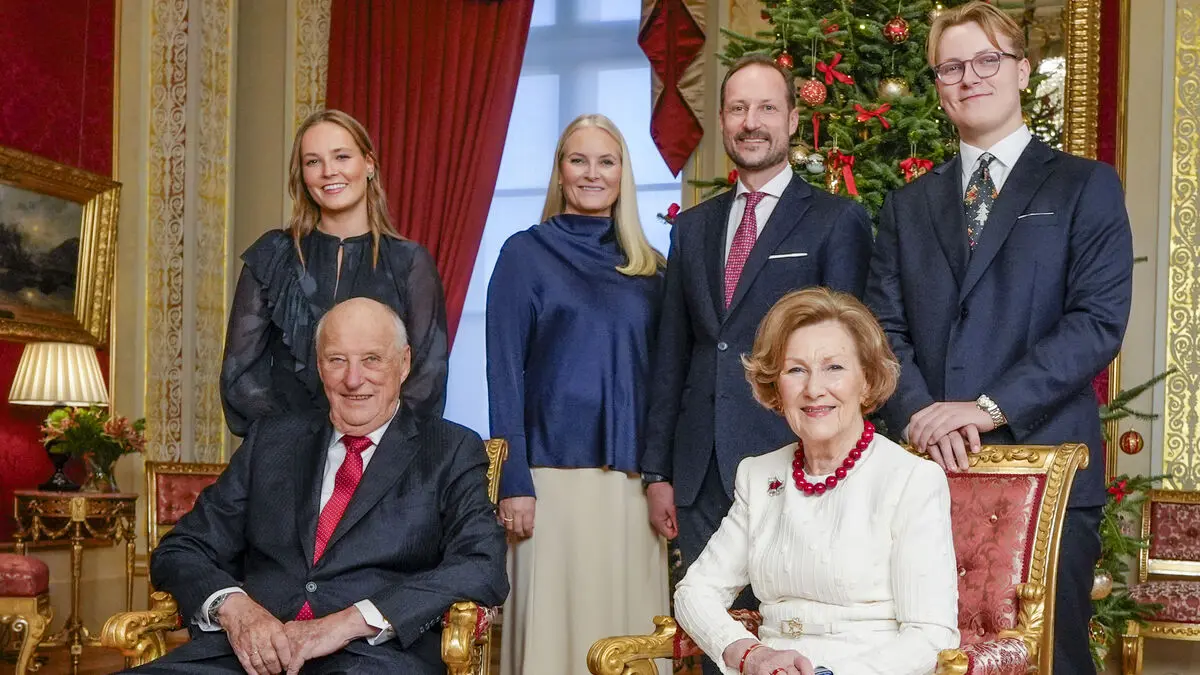Joakim Medin has had trouble sleeping since he was released from a Turkish high-security prison in the spring. Not because of his little daughter, who was born just weeks after he came home again, but because of the risk of being sentenced for his journalism.
When the trial begins in Istanbul on Thursday, he has no idea what will happen, he says.
It's unpredictable what can happen in a Turkish courtroom, considering that it's not politically independent.
According to the indictment, Medin has in reportage books and newspaper articles written about Kurds in a way that makes the terrorist-stamped group PKK, which is now dissolved, appear as a "legitimate actor". He is also accused of having "failed to report on other countries" as much as he has written about Turkey.
For that, he risks nine years in prison. The likelihood of him being convicted is considered high.
Terror crimes are among the most common charges against civil society, journalists, and opposition politicians in Turkey. And often you get convicted, since it's in the regime's interest.
May be wanted
Turkey has sent a formal request for Joakim Medin to be able to defend himself from a Swedish courtroom. However, Sweden can, according to the law, refuse to handle the case here, since politically motivated charges are not taken up in Swedish court.
Then there's the risk that I'll be internationally wanted instead. Turkey will interpret it as that I don't want to participate in the process, says Joakim Medin.
Advertisement
On Tuesday morning, the Turkish request had not yet reached the Ministry of Justice. Two days before the trial begins, he still doesn't know how he will be able to present his defense. He is represented on site by Turkish lawyers, and on Tuesday, Foreign Minister Maria Malmer Stenergard (M) says that staff from the Consulate General in Istanbul will be present.
My lawyers say that it's important with all forms of foreign presence, because that's how you put pressure on Turkey.
Release taunts
The Foreign Minister says in a comment to TT that the Ministry for Foreign Affairs and the Consulate General have been in contact with Medin, his employer, and his family, and that they are following the case closely.
"The case is now part of a Turkish legal process and Joakim Medin is reunited with his family in Sweden", writes Maria Malmer Stenergard.
The game behind the release in May also contributes to Joakim Medin's sleeplessness. Political pressure and international attention probably helped a lot. But since he knows that the Turkish regime always negotiates – and rarely does anything out of pure kindness – he wonders if the release may have come with a price. Has some kind of agreement between Sweden and Turkey been made behind closed doors?
I don't know. But it's been heavy to think about, he says.
Sophie Tanha/TT
Facts: The Medin case – this has happened
TT
Journalist Joakim Medin traveled to Istanbul on March 27 on an assignment for the newspaper Dagens ETC to report on widespread protests in the country, after Istanbul's mayor Ekrem Imamoglu was arrested.
Medin, who has visited Turkey as a journalist several times, was arrested directly at the airport.
He was then transferred to the high-security prison Marmara in Silivri outside Istanbul, where many of Turkey's political prisoners are or have been. Medin was on the same ward as the imprisoned mayor Imamoglu.
On April 23, he was charged with participating in a terrorist organization, spreading terrorist propaganda, and insulting the president.
In a first trial in Ankara regarding the charge of insulting Turkey's president Recep Tayyip Erdogan, he was given a conditional sentence for insult.
He was released on May 16 and landed in Sweden just after midnight on May 17. But even though Medin has been released and has been allowed to leave the country, the charges of terror crimes remain and will continue to be tried in Turkey in Medin's absence.






